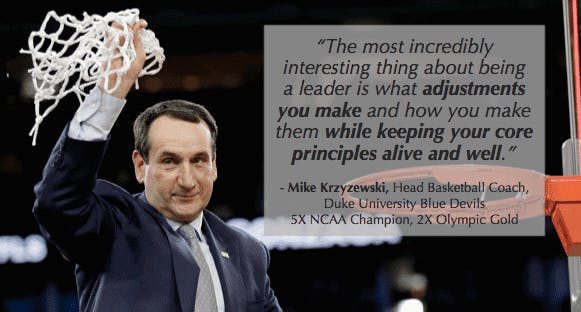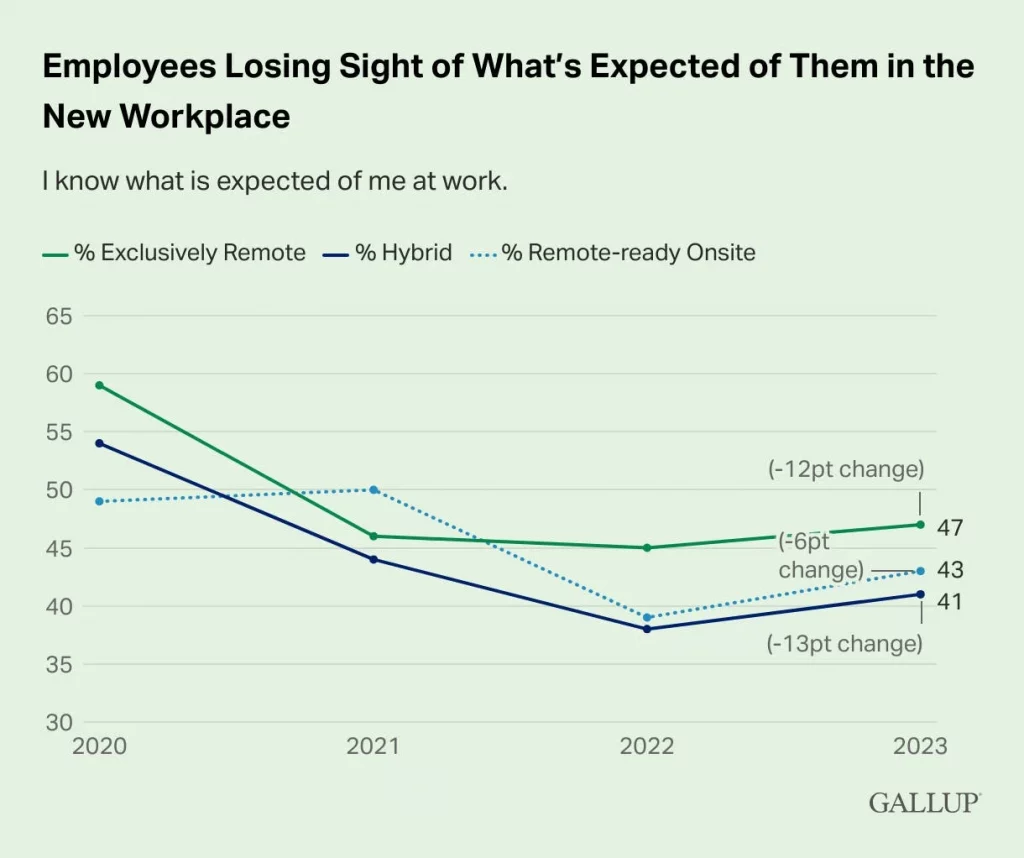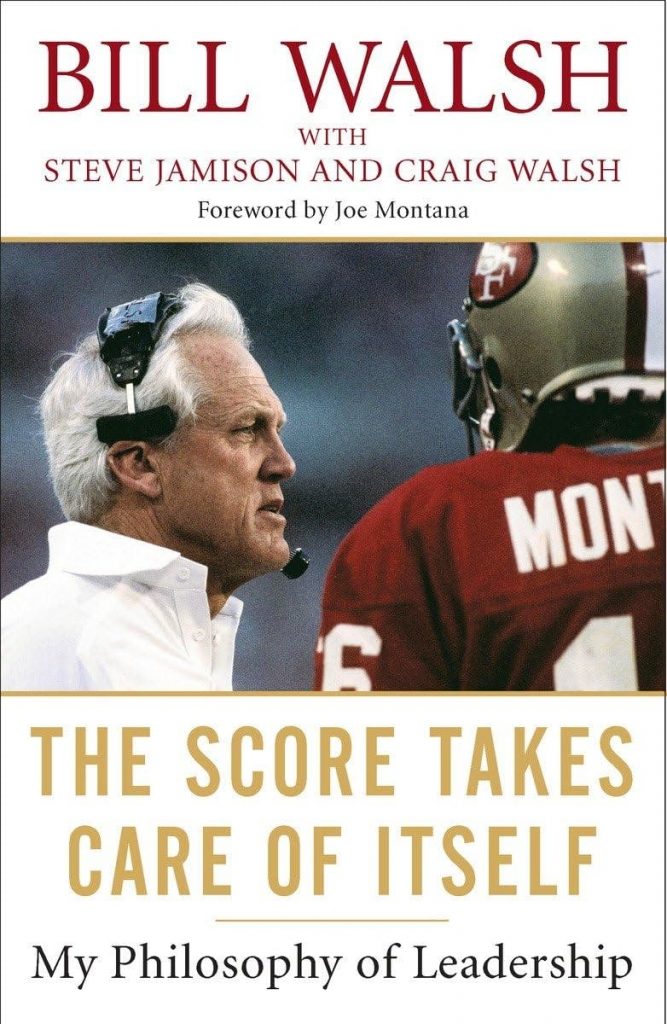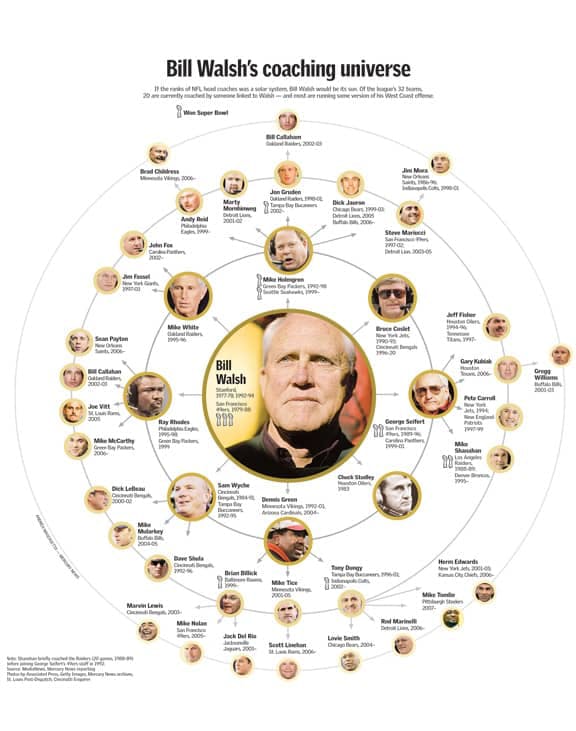Are you happy at work? A recent Tiktok has gone viral where someone talks about how much they hate their job and how little energy they have after their workday ends.
If you've ever hated your job, you know that feeling. It takes *a lot* more energy to do a job you don't like, than one you do.
Fortunately, being a manager gives you plenty of ways to love your job:
- Encouraging and supporting others
- Seeing your people work together as a team and thrive
- Watching and helping your people grow
- Helping solve problems others were struggling with
- Working daily with quality people you hired
And I'm sure you can think of others. The point is, remember how hard work is when you hate it, and recognize the true cost of that for you, them, and your company.
In today’s edition, we dive more into this topic of happiness at work, how many employees know what's expected of them, a guide for new mentorship relationships, and a new Book of the Month.
Let’s dive in…
Table of contents:
- 🥘 Food for Thought on Do You Want Happy Employees?
- 📰 News & Reports for Managers on Expectations vs. Reality.
- 📚 Book of the Month on Learning from a Legendary Coach
Note: This is a preview of our weekly leadership newsletter, Lighthouse Leadership Weekly (LLW).
To get this sent to your inbox every week, along with our latest long form essays on this blog, you can sign up here.
🥘 Food for Thought
"You actually do not want all of your employees to be happy.
You want the top performers to be happy and you want the low performers to be super annoyed and *** off. You have to fire [low performers] or let them quit.
So the people who operate on a mental model of like 'how's everybody feeling?' it's the wrong metric." - Austen Allred, Co-Founder & CEO of Bloomtech
I saw this clip the other day, and knew this was something for us to talk about.
I think it raises a really important concept that especially new managers miss.

Beware the management pendulum swing.
If you've ever had a bad manager, you know how much of a miserable tyrant they can be. It's good to remember how that feels and avoid being that kind of manager.
Yet, you also have to be careful not to overcompensate the other direction.
A manager is not a popularity contest.
Your team members are not your BFFs, nor your children.
Instead, you need to strike a balance, and be intentional with how you coach, motivate, and lead each person on your team.

Good managers know when to be flexible, and when to be firm.
So do I think Austen is right? Mostly.
The truth is that managers who "treat everyone the same" don't get as good of results as managers who recognize they should adapt to their team members.
A simple example; Who gets leeway and when?
Imagine you have a star employee. They get more done in a day than some on your team do in a week. You can always count on them, and they help set the pace for the whole team. They help out when others are struggling, and are generally a positive influence on your team.
Now, let's say they asked to leave work at 1 o'clock every Wednesday for the next 6 weeks to do physical therapy for an injury. Would you say yes?
A good manager would likely say, "Sure, as long as you get your work done, and nothing slips because of it."
Now, let's say someone makes the same request, but this time, they're an inconsistent employee. They take longer than most to complete work, check out at 4:59pm each day, and often frustrate their coworkers.
Would you say yes to them for the same request? I would not. At least not until they show more consistency and reliability. Instead, I would ask them to schedule their PT before or after work.
The reality of "Employee Happiness"
The biggest lesson from Austen's comment is to beware of overly focusing on employee happiness.
In my experience, how employees define happiness is usually directly related to what kind of performer they are:
- Top Performers care about respect, credit for their work, and opportunities to learn, grow, and advance.
- Mediocre Performers prioritize work-life balance, ask for more perks, and try to maximize their effort to compensation ratio in their favor.
- Poor Performers tend to want to do as little work as possible with as few demands as possible, or may even actively enjoy undermining your team and company.
Doing things to make your top performers happy are aligned with what benefits you, your team, and your company, while it's a negotiation and series of tradeoffs for your mediocre staff. And there's really no point in trying to make your poor performers happy. You need to help them find a better role, change their attitude, or get them to quickly move on.
The real cost of "happiness"
A friend of mine had a startup that had reached explosive growth. They had rapidly grown from 30 to 100 employees, and in the process hired many people from name brand startups to help them reach the next level.
However, at the same time they grew, my friend saw the culture change. Gone was the scrappy, whatever-it-takes culture replaced by one filled with complaints and employee demands.
Despite paying market and above market salaries, and adding perks, they never seemed to be enough.
He even had employees complain that the, "Gym perk is too low. It doesn't cover my Equinox membership!" 🙄
Unfortunately, those same entitled employees who were so hard to keep happy and kept complaining in employee engagement surveys weren't pulling their weight. The company's growth slowed and their future was in doubt.
My friend then made a life changing decision: He made massive layoffs, cutting 60% of the team, dropping back to 40 employees.
As part of this, he followed Austen's advice and let go of all the entitled employees, focusing on retaining the top performers. He also cut many of the perks to save money.
Amazingly, all of the following happened:
- The remaining employees rallied and restored the scrappy culture
- No one complained about the lost perks, instead focusing on making the company successful (and their equity valuable)
- The company rebounded, hitting new revenue goals and shipping faster
Best of all, he eventually had an 8 figure exit, selling the company and making life changing money for he and his team members who remained. Yet, the company would have run out of money and shut down if he hadn't had the layoffs and purged the entitled, "unhappy" staff.
---
Next time you worry about an employee being unhappy, or someone talks about the measurement of "employee happiness", remember this nuance. Which team members you should listen to, and what will make them happy varies quite a bit.
📰 News & Reports for Managers
📌 Gallup on expectations and remote work
The latest data from Gallup shows us there's a serious expectation setting problem. Across all teams, only half of workers know what's expected of them at work:

Regardless of location, you can see this is a bad trend.
It appears things got a little better between 2022 and 2023, but it's still absurd that over half of employees don't know what's expected of them.
Looking at this chart, let's go a little deeper with a few more observations:
- 2020 was a high mark for everyone. COVID and lockdowns created problems we've yet to fully recover from.
- Fully remote does better than other locations by 10-15% most years. This is likely due to the emphasis on written and asynchronous communication at remote orgs.
- Hybrid continues to be the worst of all worlds. Hybrid workforces are lowest across all years since COVID came along.
So what should a good manager do about this? ASK YOUR TEAM.
Ask the right question(s)
The key to being the in the top half of leaders here, and having a team that knows their expectations is to ask.
Yet, it's easy to ask the wrong question.
Don't ask, "Do you know what's expected of you?"
That's very easy for your whole team to say, "Sure", "Yes", or "I think so" but not really know. They could think that's just the fastest way to have you move on.
Instead, ASK more open-ended questions like:
- "What do you think are our expectations for you right now?"
- "What do you think are reasonable expectations of you at work?"
- "How have our expectations changed over time? How do you feel about them?"
The point is, by asking What and How questions, they have to give you a detailed, open-ended answer. This is how you make sure they really are on the same page as you. (If you need help with these kinds of questions, we have a detailed post for you here.)
Look in the mirror. 🪞
Importantly, it's not just about whether your team member can accurately describe their expectations. If someone doesn't know their expectations well, or tells you things that are wrong or incomplete, that is your fault.
Fortunately, fixing this is easy. All you need to do is calmly accept responsibility for not conveying your expectations clearly, then make them clear.
Once you explain it, give them a chance to ask any questions, then see if they can repeat back to you what the expectations are. That ensures they were actively listening to you.
Then, simply keep checking in until you hear from everyone on your team say what you expect to hear. And then be sure to clearly communicate repeatedly any changes in expectations.
Yes, even expectations have to be repeated, so embrace how powerful repetition can be for your leadership.
Your challenge this week: See how much of your team knows their expectations. ASK!
📚 Book of the Month on Learning from a Legendary Coach
I hope you enjoyed last month's book of the month on planning. Setting and hitting goals for yourself is just as important as inspiring and motivating others.
We try to mix up our recommendations to support all facets of the life of a leader.
With the Super Bowl next weekend, and the recent, positive response to the coach videos I've shared in Food for Thoughts, it seemed like the perfect time to share one of my all time favorite leadership books: The Score Takes Care of Itself by Bill Walsh.

A legend and a champion
Bill Walsh is one of the greatest coaches in NFL history. He won 4 Super Bowls while coaching the 49ers from 1979-1988, while pioneering the West Coast offense.
Yet, his greatest accomplishment is his coaching tree.
He developed an incredible 8 future head coaches, who developed another 35 future NFL head coaches thereafter. These 43 coaches have since combined to win an additional 13 Super Bowls as head coaches (including Andy Reid, who has the Chiefs in this year's Super Bowl). Amazing.
Here's a great visualization of that developmental success: (Note: this image is dated, so Andy Reid, Mike Tomlin, and Sean Payton have won Super Bowls since the graphic added the trophies to denote them)

After reading the book multiple times, I can confidently tell you that even if you have zero interest in American football you will still learn a lot from it (though it's more fun if you do!). It turns out that bringing out the best in football players isn't that different from doing the same at work.
And as helpful as the insights are, the book is also an engaging story.
He shares his struggles (even as the team was winning), dealt with burnout, and shared many stories that make remembering his lessons easier.
You can pick up your copy of The Score Takes Care of Itself here.
Sign up to get this newsletter & our latest blog posts straight to your inbox:




